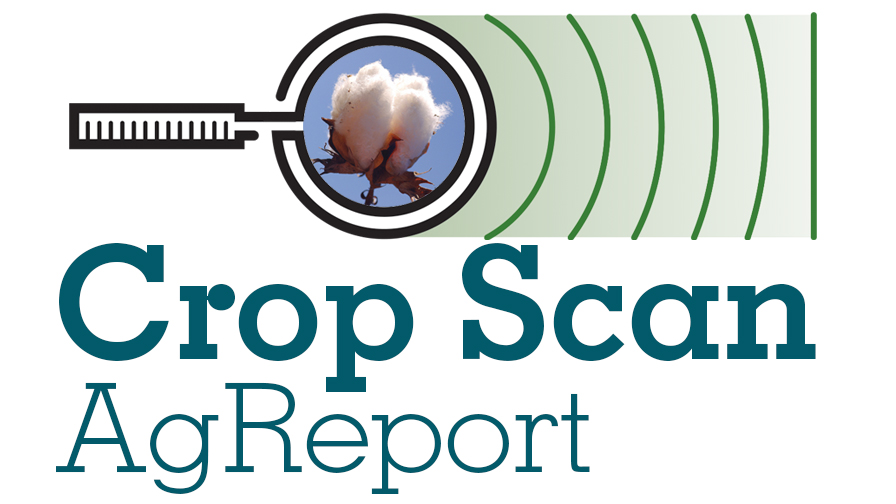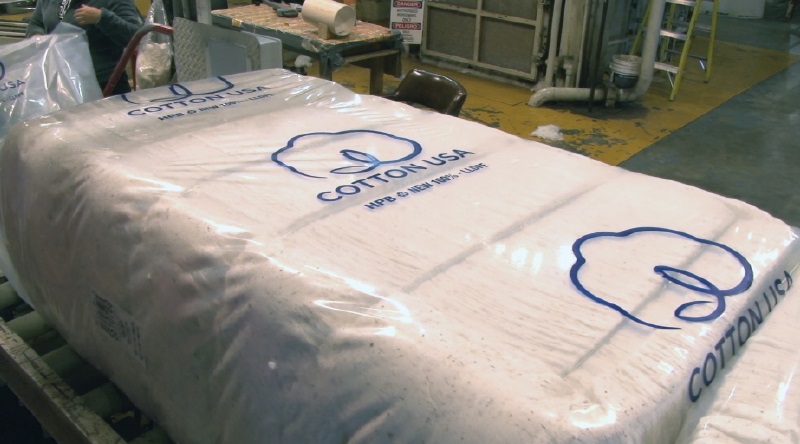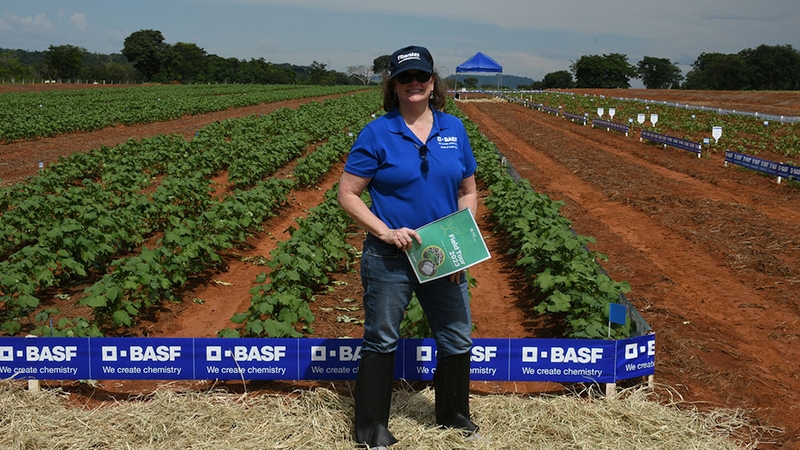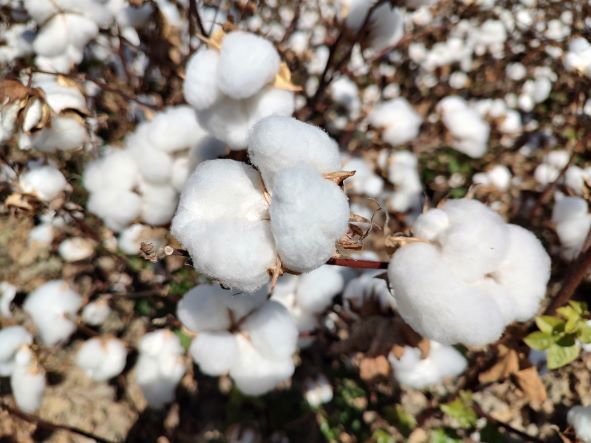Mississippi Farm Bureau Federation President Testifies to House Ag Committee
Mississippi Farm Bureau Federation President David Waide told members of the House Agriculture Committee on Saturday that current crop insurance products available in the Mid-South do not provide farmers with adequate risk protection.
Waide was one of nine presenters to tell the legislators from Washington, D.C., about issues that must be addressed by the agricultural community as it prepares to write a very important piece of legislation – the 2012 Farm Bill.
“Crop insurance should be available to provide producers of all crops with options for various insurance products that accurately reflect individual risk considerations,” Waide said. “A producer’s only option when insurance coverage products are not available is to enroll in the Noninsured Crop Disaster Assistance Program (NAP).” This program can only provide limited financial assistance to producers when a natural disaster occurs.
“No insurance products are available for sweet potatoes, watermelons, tomatoes, sweet corn, rye grass, and many others, all of which significantly contribute to the wonderful diversity of Mississippi agriculture,” said Waide.
In the United States, farmers provide the safest, most affordable, and most abundant food supply in the world. Farming, like any other business, is filled with risks. However, unlike other businesses, once the crop has been planted it is fully exposed to Mother Nature’s wrath with the only defense being effective risk management.
“Many of our farmers are going bankrupt, but they don’t want a handout or a bailout,” Waide emphasized. “They do need a little help in the form of risk management products that can keep their operations viable through a bad crop cycle.”
Another topic brought up by the committee was the issue of farming in today’s credit crisis. Waide said that tightening credit markets will have a lasting impact on farming in Mississippi. “Our farmers can’t put a crop in the ground with the bank charging him 20 percent interest on his crop loan.”
The Farm Bill is the primary agricultural and food policy tool of the Federal government of the United States. It protects the consumer’s food supply and ensures food safety. “I’m very happy the Committee is taking this proactive look at the provisions of the Farm Bill,” Waide said.








